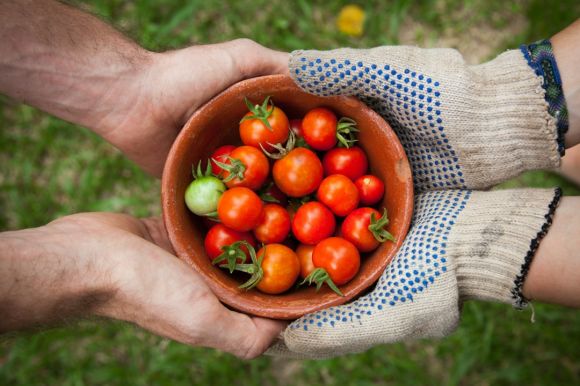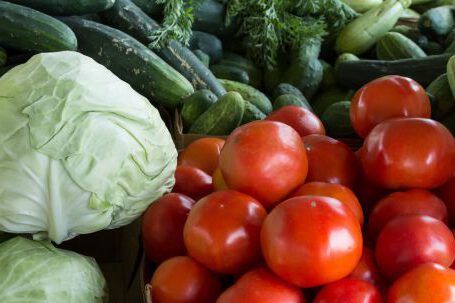A beautiful, thriving vegetable garden is the dream of many gardeners. However, one of the biggest challenges in maintaining a healthy garden is dealing with pests. These unwanted visitors can wreak havoc on your plants, leaving you with a disappointing harvest. But fear not! With a few simple strategies, you can prevent pests from infesting your vegetable garden and ensure a bountiful harvest.
1. Start with Healthy Soil
Healthy soil is the foundation for a successful vegetable garden. By ensuring that your soil is rich in nutrients and well-draining, you will create an environment that is less attractive to pests. Add compost or organic matter to improve the soil’s fertility and structure. This will not only benefit your plants but also promote beneficial organisms that will help keep pests at bay.
2. Choose Resistant Varieties
When planning your vegetable garden, select plant varieties that are known to be resistant to common pests in your area. Many seed catalogs and nurseries provide information on the pest resistance of different varieties. By choosing resistant plants, you will have a head start in preventing pest infestations.
3. Practice Crop Rotation
Crop rotation is a tried and true method of pest prevention. By rotating your crops each year, you disrupt the life cycles of pests that are specific to certain plants. For example, if you had tomatoes in one area of your garden last year, plant them in a different spot this year. This will help prevent the buildup of pests that target tomatoes, such as tomato hornworms or aphids.
4. Use Physical Barriers
Physical barriers can be an effective way to keep pests out of your vegetable garden. Install fences, netting, or row covers to protect your plants from larger pests like rabbits or deer. Use fine mesh netting to keep out smaller pests like insects or birds. Just make sure the barriers are properly installed and maintained to prevent any gaps that pests could exploit.
5. Attract Beneficial Insects
Not all insects are harmful to your garden. In fact, many insects are beneficial as they prey on pests. To attract these helpful insects, plant flowers that provide nectar and pollen, such as marigolds or sunflowers. Consider creating a separate area in your garden specifically for these flowers to encourage beneficial insects to take up residence.
6. Practice Good Garden Hygiene
Maintaining good garden hygiene is essential for preventing pests. Remove any fallen leaves, weeds, or debris regularly, as they can provide hiding places for pests. Also, be mindful of overwatering, as excessive moisture can create an environment that is conducive to pests. Water your plants at the base and avoid wetting the foliage whenever possible.
7. Monitor and Identify Pests Early
Regularly inspect your plants for signs of pest activity. Look for chewed leaves, wilting, or discoloration. By catching pest infestations early, you can take appropriate measures to control them before they become a major problem. If you’re unsure about the identity of a pest, consult a gardening expert or your local extension office.
In conclusion, preventing pests in a vegetable garden requires a combination of proactive strategies and regular monitoring. By starting with healthy soil, choosing resistant varieties, practicing crop rotation, using physical barriers, attracting beneficial insects, practicing good garden hygiene, and monitoring for pests, you can enjoy a thriving vegetable garden all season long. Remember, prevention is key, so don’t wait until pests have taken hold to take action. With a little effort and planning, you can keep your garden pest-free and reap the rewards of a bountiful harvest.





